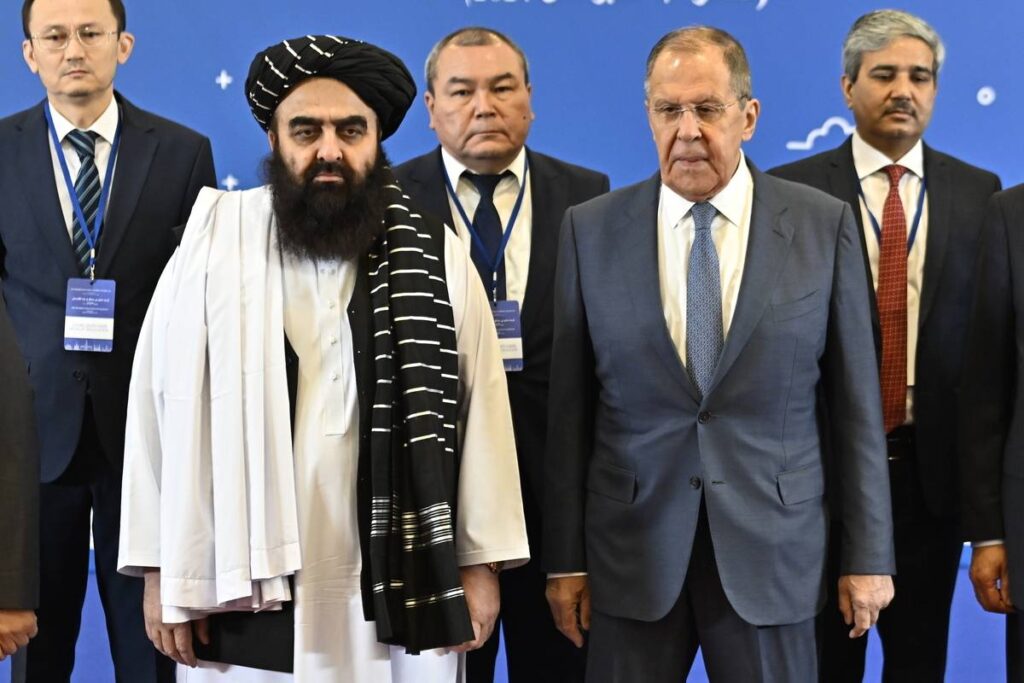A New Era of Dialogue: Russia’s Relationship with the Taliban Takes a Surprising Turn
In a significant diplomatic shift, Russia has announced plans to remove the Afghan Taliban from its list of designated terrorist organizations. This decision, articulated by Zamir Kabulov, the Russian presidential envoy for Afghanistan, marks a pivotal moment in Russia’s relations with the Taliban and reflects broader regional geopolitical dynamics.
Background of the Delisting
The Taliban was initially added to Russia’s blacklist in 2003 due to its support for separatists in the North Caucasus. However, following the Taliban’s return to power in Afghanistan in August 2021, Russia has gradually sought to engage with the group. This engagement is rooted in a shared interest in combating terrorism and stabilizing the region. President Vladimir Putin previously stated that Russia views the Taliban as an ally in the fight against terrorism, emphasizing the need for pragmatic dialogue with Afghanistan’s current government.
Legal and Diplomatic Implications
Kabulov indicated that while a “principal decision” has been made to delist the Taliban, final legal procedures are still underway. This move is seen as a crucial step toward normalizing relations between Russia and Afghanistan, potentially opening avenues for political, trade, and economic cooperation. Russian Foreign Minister Sergey Lavrov has also underscored the importance of maintaining constructive dialogue with Afghan authorities, highlighting their efforts against drug production and terrorism.
Regional Context and Reactions
The decision comes amidst regional discussions involving various countries interested in Afghanistan’s stability. During a recent conference in Moscow, Lavrov reiterated that resolving Afghanistan-related issues cannot occur without engaging with Kabul. He called on Western nations to acknowledge their responsibilities for post-conflict reconstruction and urged them to lift sanctions against Afghanistan.
The Taliban’s foreign minister welcomed this diplomatic overture, expressing hope for further recognition from regional powers. Despite no formal recognition of the Taliban government by any country—except for the limited acceptance of its ambassadors by China and the UAE—the delisting signifies a potential shift in how regional players view the Taliban.
Hashem Safieddine: Target of Israeli Airstrike and Successor
The Future of Russia-Afghanistan Relations
As Russia moves forward with this decision, it aims not only to strengthen its ties with Afghanistan but also to position itself as a key player in regional security dynamics. The Kremlin’s approach reflects a broader strategy of engaging with non-traditional partners while addressing security concerns related to groups like ISIS-Khorasan (IS-K), which remains active in Afghanistan.
In conclusion, Russia’s removal of the Afghan Taliban from its terrorist list is indicative of changing geopolitical landscapes and highlights Moscow’s intent to foster closer ties with Kabul. As these developments unfold, they will likely have significant implications for both regional stability and international relations concerning Afghanistan.
To get more updates about this article click on this link
Get the Most Important Updates about the World!
